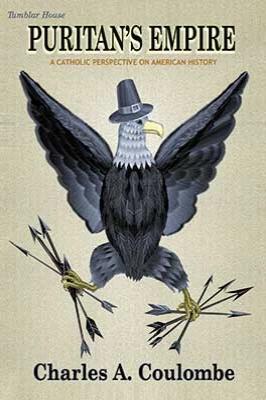This book is useful for anyone who wants to see the history of America from a view that is underrepresented in other history book: the Catholic view. With that in mind, I found the book engrossing and quite informative. Readers who aren't Catholic be warned; you will probably find the author's slant objectionable at parts, or perhaps question some of the sources (particularly the many instances non Catholic America is shown in a less than ideal light, with its worst atrocities highlighted), but remember that every retelling of history has such issues and it is best to consider both sides of a story and think for oneself. In a culture where Catholicism is often demonized in history books, it is only fair to see a take on history from the opposite side and the many details that have been intentionally washed out to often paint the non-Catholic side in a better light. This book will help one realize both the good side and the imperfections of our nation.
My one potential criticism is that are a few parts where perhaps the author's thesis perhaps overreaches, with the author filling in his own conclusions, one example being on some of the more complex issues such as the politics of the civil war with regards to Catholicism, but overall I think he provides a very good summary of American history.
Unlike some other books on the topic, this one is quite readable, with enough quirks to generally keep the reader interested. I appreciate Mr. Coulombe's efforts to include some of the more random details as well (whether it be an aside about explorers pre Columbus taken from the Catholic encyclopedia, or some of the lesser known folk stories of Catholics in early America). The book is an enjoyable read and good for all ages adults, highschoolers, as well as interested middleschoolers.
I especially appreciate first section of the book deals with the often forgotten era of history from Columbus until 1776... the true origins of America. This era is so neglected in many modern history books we see in our modern highschools or middleschools, and I appreciated seeing its significance, both in terms of how it influenced America, what could have been if the Catholic powers maintained more influence, and also how it played into Christendom as a whole.
Lastly, I enjoy Mr. Coulombe's sense of the bigger picture. In ways that only a Catholic would write, he ties our nations history; a string of seemingly random events, together: as a larger overarching image of both Christendom's victories and losses on earth.

